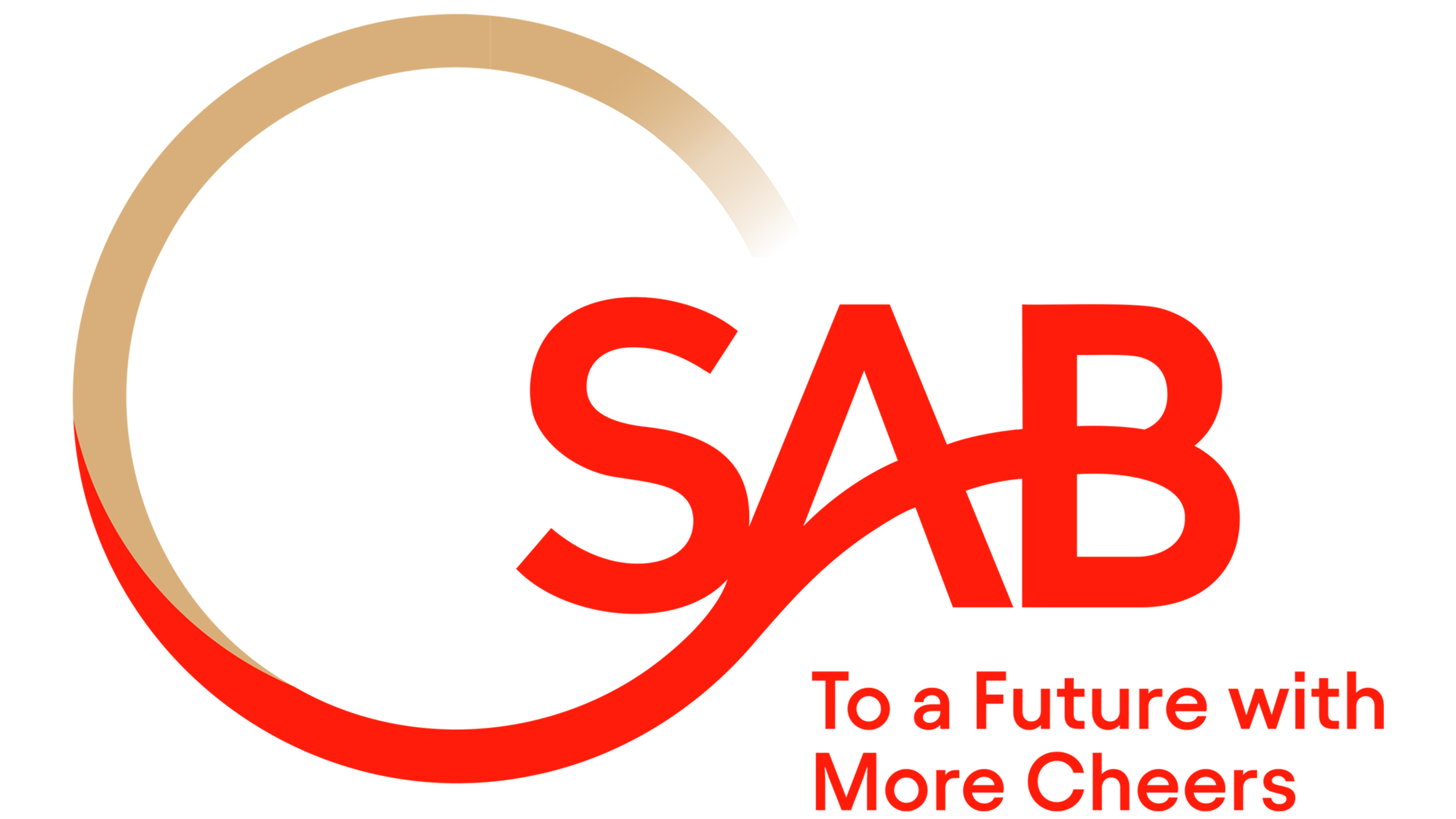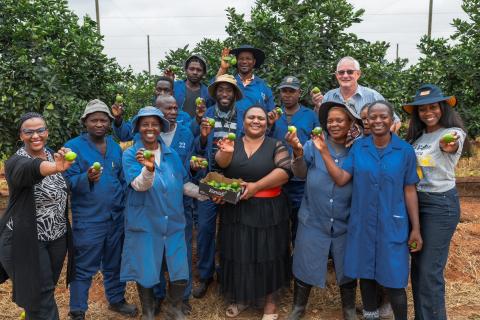The South African Breweries (SAB) has highlighted the difficult position that the alcohol industry is in, with volumes declining significantly in the first seven months of 2023 and asked government to consider an excise adjustment in line with or below inflation as we move towards the Medium-Term Budget Policy Statement in October.
This was said at the brewer’s annual State of the Economy (SOBE) event held at one of SAB’s biggest breweries in Alrode,Gauteng. The event was attended by key industry and government stakeholders including the MMC of City Planning and Economic Development in Ekurhuleni Nomadlozi Nkosi, as well as the National Liquor Traders Association, the South African Chamber of Commerce and Industry, the Consumer Goods Council of South Africa, and the Restaurant Association of South Africa.
A study presented by The Bureau of Economic Research showed that the South African consumer is under real pressure in 2023 with real consumer spending in the Food, Beverages and Tobacco being forecast to decline by 0.5% in 2023 with a muted recovery in 2024 and 2025, not returning to pre-pandemic growth levels in either year.
Unpacking the change in consumer spending patterns, Linette Elis, who is a consulting economist at the Bureau of Economic Research, said that South African consumers are under pressure as the report saw a record 6% plunge in consumer spending in 2020. In the two years following the COVID pandemic, interest rate cuts and the roll-out of social relief of distress grant initially supported consumer spending but soaring inflation and subsequent interest rate hikes started to weigh on the consumer from mid-2022.
According to data from the BER, beer price data from market measurement firm, AC Nielsen, suggests that beer prices increased by far more than the CPI inflation rate between 2013 and 2019, and that beer prices also rose more than the prices of any of the other broad liquor categories. “The updated BER Elasticities Study has shown that consumer demand from changes in income growth and beer price hikes has increased. This means that changes to income and prices impact the volume that is sold in the market more than what has been seen in the past,” said Elis.
SAB CEO, Richard Rivett-Carnac said, “Given demand-side pressures emanating from constraints on consumer disposable income, and supply-side pressures from rising input costs, the alcohol industry has declined in volume in the 7 months leading up to July 2023”.
Two excise adjustments in line with projected inflation over the last two budgets have allowed SAB to invest and continue contributing to the beer economy, investing in almost R12 billion in the past two years. “It is now more important than ever for government to adhere to policy and for excise increases to be linked to CPI”, said Rivett-Carnac.



